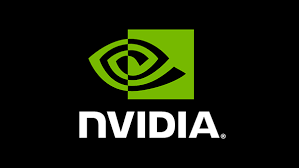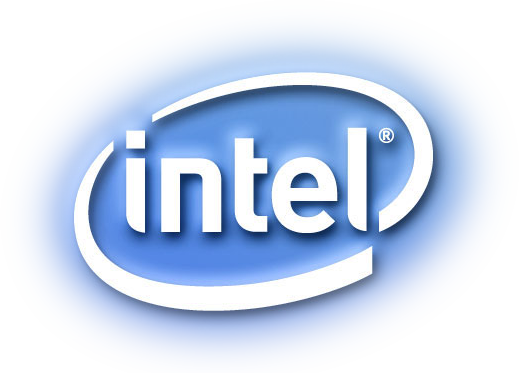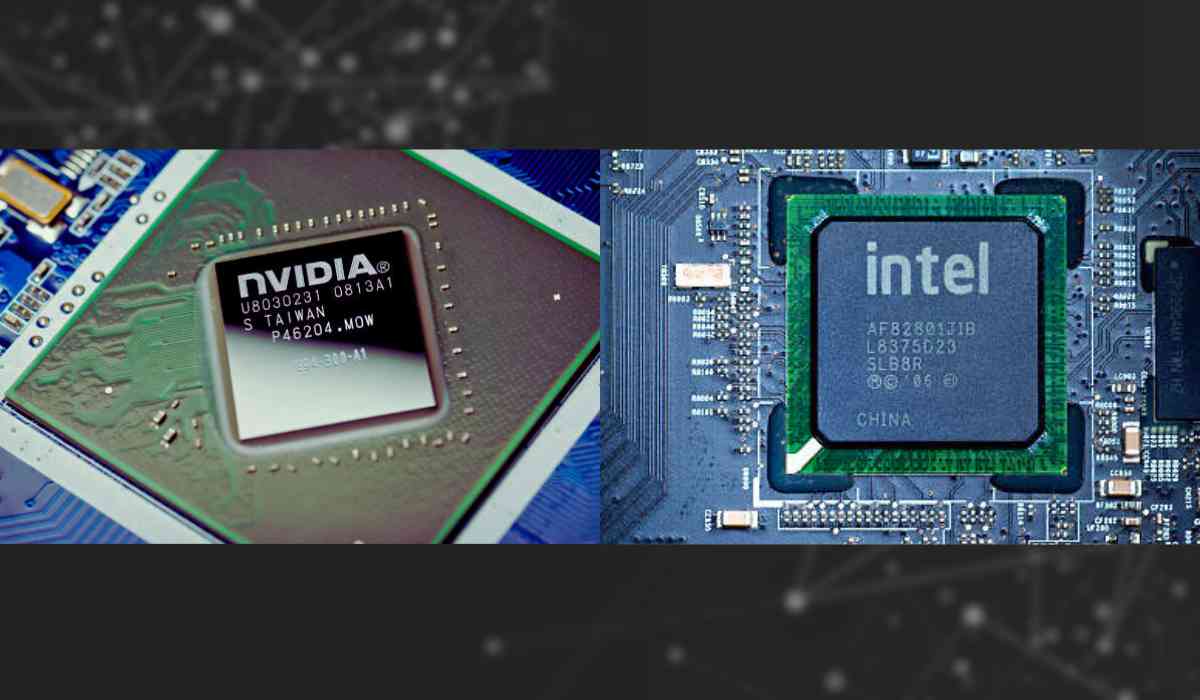Nvidia, a leader in artificial intelligence computing chips, is expanding into the personal computing space, which has historically been dominated by Intel. They are in the early stages of developing central processing units (CPUs) compatible with the Microsoft Windows OS, integrating Arm Holdings technologies. The move is consistent with Microsoft's push to use Arm-based processors in Windows PCs, a strategy aimed at competing with Apple's impressive market share gains since introducing its own Arm-based chips for Macs.
Advanced Micro Devices (AMD) is also preparing to manufacture Arm-based chips for PCs, with the possibility of them being available as early as 2025. This development comes after Qualcomm's successful entry into the laptop market with Arm-based chips in 2016. In an upcoming event attended by Microsoft executives, Qualcomm is scheduled to introduce a top-of-the-line chip, which has been meticulously crafted by a team of experts previously associated with Apple.
Due to this news, Nvidia shares observed a 3.84% increase, whereas Intel encountered a 3.06% decline. Conversely, Arm's shares surged by 4.89% at close. Representatives from Nvidia, AMD, Arm, and Microsoft chose not to provide any comments.

This joint effort involving tech giants such as Microsoft, Nvidia, AMD, and Qualcomm has the potential to bring about significant changes in an industry that has long been controlled by Intel. Taking inspiration from the accomplishments of Apple's customized chips, Microsoft is keen on improving Windows performance, particularly in the field of AI processing. In 2016, the company initiated a partnership with Qualcomm to shift the Windows OS to Arm's processor architecture, with the goal of achieving efficiency similar to that of smartphones.
With the expiration of Qualcomm's exclusivity deal expected in 2024, Microsoft is proactively promoting competition in this market. This strategic approach is driven by a commitment to avoiding reliance on a sole vendor, a valuable lesson derived from previous encounters.
Microsoft hopes to integrate advanced AI features into CPUs, which would make AI-enhanced software like Copilot an essential component of the Windows experience. This vision relies on the forthcoming chips from Nvidia, AMD, and other manufacturers allocating adequate on-chip resources.

Nevertheless, the transition from x86 computing architecture (employed by Intel and AMD) to Arm-based designs poses certain challenges. It should be noted that software designed for x86 will not seamlessly function on Arm-based chips. Additionally, Intel has impressively integrated AI functionalities into their chips, thereby demonstrating laptop capabilities akin to ChatGPT.
As the industry progresses, the success of these ventures may still be uncertain, but the competitive spirit holds the potential for exciting advancements in the field of PC technology.
Ⓒ Copyright 2023. All Rights Reserved Powered by Vygr Media.





















